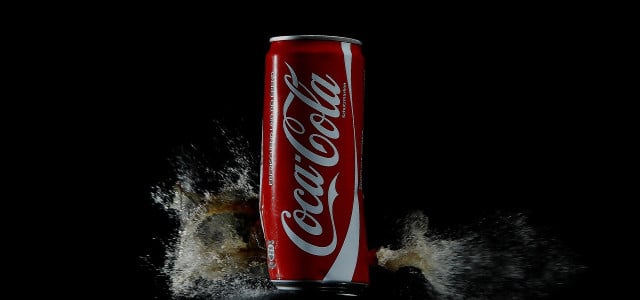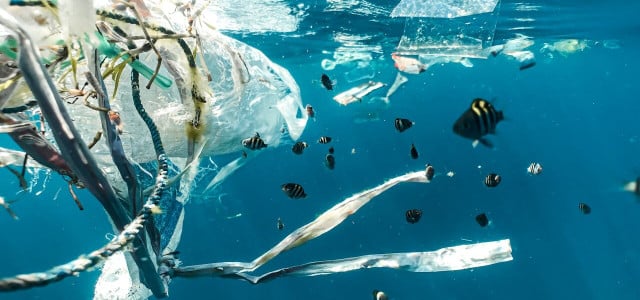Do you know the dark side of this soda behemoth? Discover the controversies surrounding Coca-Cola, and learn the hidden environmental costs of its global dominance.
In the vast tapestry of global brands, few logos are as universally recognized as that of Coca-Cola. The soda giant’s presence, felt in nearly every nation (save for the likes of Cuba and North Korea), is a testament to its cultural and commercial impact. But with such wide reach comes an array of Coca-Cola controversies. This article delves into the harmful practices employed by Coca-Cola, offering a keen-eyed look into the shadows cast by its iconic red and white label.
Despite its massive popularity, Coca-Cola, akin to other behemoth brands (Nestlé, you aren’t slipping under our radar!), has navigated a maze of controversies over the years. Its storied past is not just about its sweet, effervescent charm; it’s also about a series of unsavory incidents. The 10.6 grams of sugar per 100 ml, a frequently discussed point of contention, is just the tip of the iceberg.
Whether you’re a fan of that signature sugary kick or you stand on the frontlines advocating for healthier choices and corporate accountability, it’s paramount to be well-acquainted with the multifaceted narrative of one of the world’s most dominant beverage titans. Beyond the bubbles and nostalgia, lie tales of environmental, social and economic implications every conscious consumer should know. So, buckle up as we unravel the lesser-known chapters of Coca-Cola’s legacy.
Interested in learning more about the environmental and social impact of big brands? Read more:
- Crime & Controversy: Nestle’s 5 Biggest Scandals Explained
- Neither Nestlé nor Shell: This Is the Worst Company in the World
1. Coca-Cola Controversies: Plastic Pollution, Waste and Greenwashing
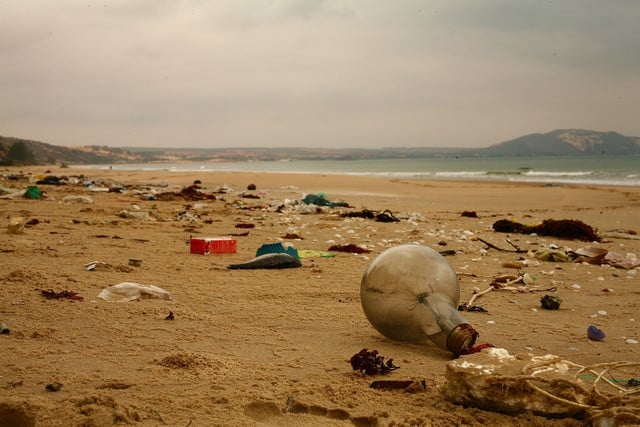
(Foto: CC0 / Pixabay / sergeitokmakov)
Sip by sip, Coca-Cola has flowed its way into global consciousness. But beneath its effervescent allure lies one of the most pressing Coca-Cola controversy: its overwhelming contribution to plastic pollution. While many associate the brand primarily with its namesake carbonated drink, Coca-Cola’s expansive portfolio spans a plethora of beverages: from sparkling soft drinks to teas, coffees, juices, energy drinks and various water variants. This extensive product range translates to an astronomical use of plastic, earning Coca-Cola the dubious accolade of being the world’s leading plastic polluter for five consecutive years.
Digging deeper, the corporation’s environmental stance gets murkier. Despite its colossal footprint, Coca-Cola has consistently lobbied against initiatives like recycling and deposit return schemes — essential tools in the battle against plastic waste. Their commitment to sustainability remains under scrutiny, as the company has often prioritized the sheen of eco-friendly marketing over substantial, actionable measures. Rather than investing in significant strides towards sourcing renewable or recycled materials for its products, funds seem disproportionately allocated to promoting an “eco-friendly” image.
The transparency of Coca-Cola’s intentions became especially murky during the recent COP27 climate talks in Egypt. Despite being the world’s numero uno plastic producer, the company gleefully flaunted its sponsorship, a move many critics argue reeked of greenwashing. Their involvement, juxtaposed with their significant role in intensifying the climate crisis, underscores the importance of discerning genuine environmental commitment from corporate posturing.
As ethical consumers, understanding the chasm between a brand’s image and its actions is crucial. In Coca-Cola’s case, the contrast is as clear as the difference between tap water and a sparkling soda. But with information as our tool, we can make choices that prioritize our planet over profit.
2. Water Depletion and Contamination in India
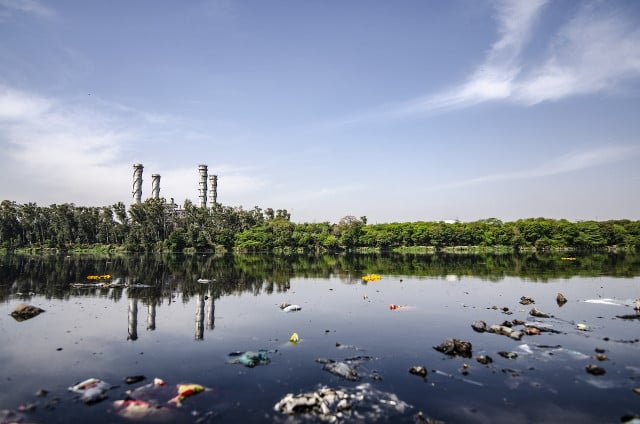


(Foto: CC0 / Pixabay / yogendras31)
In the kaleidoscope of Coca-Cola controversies, one in particular stands out: the beverage giant’s tumultuous relationship with water resources, particularly in India. As Coca-Cola grew in popularity, the brand also sparked a trail of environmental concern, with its operations leaving a profound mark on several regions.
At its peak operation in India, Coca-Cola ran a staggering 58 bottling plants. While this might appear as an ode to the brand’s success in the subcontinent, the story below the surface reveals a murkier tale. The factories became notorious for their excessive water extraction practices. Communities already teetering on the precipice of drought found themselves pushed further into water scarcity. The consequence? Coca-Cola found itself under the crosshairs of local communities, nonprofit organizations and even the Indian government.
One particularly poignant episode emerges from the serene backwaters of Kerala. Here, in a quaint village, the echoes of Coca-Cola’s operations reverberated daily as trucks rumbled through, transporting government-supplied water to parched residents. Many believe that the dire straits they found themselves in were exacerbated by the local Coca-Cola plant.
Venturing north to the fertile plains of Uttar Pradesh, the story was similar. In 2004, two Coca-Cola plants, oblivious to the region’s agricultural significance, became the epicenter of community outrage. Thousands raised their voices, contending that the beverage behemoth was siphoning off the region’s lifeblood.
But groundwater depletion was just the tip of the iceberg. In 2003, India’s Central Pollution Control Board unveiled a dark secret: waste from a Coca-Cola factory in Uttar Pradesh was awash with toxic heavy metals like cadmium, lead, and chromium. The audacity? Coca-Cola had been distributing this cadmium-laced sludge to unsuspecting local farmers under the guise of “free fertilizer.”
Adding another element, both Coca-Cola and its global competitor, Pepsi, were embroiled in another controversy. Investigations revealed their beverages contained traces of up to five different pesticides, posing yet another health concern.
In the balance between profit and sustainability, it’s essential to remember that every drop counts: as consumers, the onus is on us to quench our thirst responsibly.
3. Coca-Cola Controversies: Manipulating Science
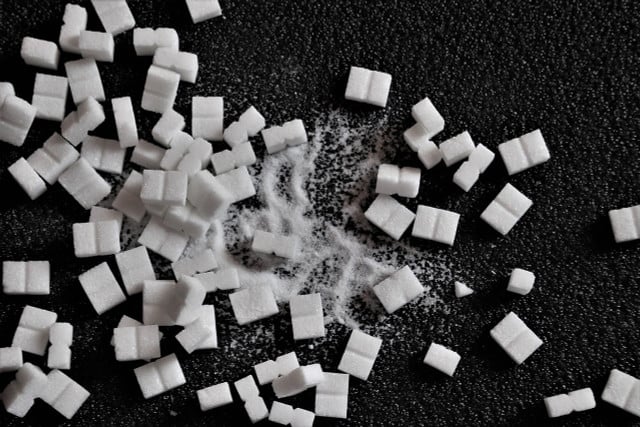


(Foto: CC0 / Pixabay / pasja1000)
Another unsurprising — yet disappointing — controversy: Coca-Cola has funded scientists who fed the false belief that obesity was primarily caused by insufficient exercise rather than poor dietary choices. This effort was part of a coordinated campaign with the company, where influential scientists disseminated this message through medical journals, conferences and social media platforms.
Coca-cola provided financial support and logistical assistance to a nonprofit organization called the Global Energy Balance Network, which claimed that individuals in the United States struggling with weight loss failed to achieve their goals because they focused too much on their food and beverage intake and not enough on physical activity.
Critics argued that this strategy was a tactic by Coca-Cola to divert attention from the role of their sugary beverages in contributing to obesity and type 2 diabetes. They asserted that the company was using this new group to persuade the public that exercise could compensate for an unhealthy diet, despite evidence indicating that exercise has a limited impact on weight compared to dietary factors.
While many public health experts acknowledge the importance of energy balance in weight management, they emphasize that research clearly demonstrates that the impact of dietary choices outweighs that of exercise.
This misleading campaign even extended its reach to children, as Coca-Cola funded a study claiming that the lack of physical activity was the primary predictor of childhood obesity worldwide.
Check out our article A Deep Dive Into Sugar for more.
4. Coca-Cola's Carbon Footprint: More than Just Fizzy Emissions
In the complex world of Coca-Cola controversies, the issue of carbon emissions paints a rather grim picture. While the carbonated bubbles in every soda can may seem innocent, they’re emblematic of a much larger, invisible cloud of greenhouse gases that the company emits into our atmosphere.
For any massive conglomerate, there’s an inherent responsibility to curtail its carbon footprint, especially in an era grappling with the adverse impacts of climate change. Yet, for giants like Coca-Cola, this responsibility often oscillates between ambitious public pledges and the realities of their industrial-scale operations.
Production processes, transportation of ingredients, bottling and global distribution — each of these phases in Coca-Cola’s lifecycle contributes its fair share of carbon emissions. The impact isn’t just abstract numbers on a report; it’s felt in the melting polar ice caps, the intensifying heatwaves and the erratic weather patterns across the globe.
Moreover, Coca-Cola’s immense influence in the beverage market means its decisions and actions set a precedent. If the company opts for greener transportation or more sustainable production techniques, it could drive change throughout the industry. Conversely, if it falls short, it normalizes complacency.
Thus, as we pop open a can of our favorite fizzy drink, we must also ask the question: How is this brand, with its global reach and influence, truly addressing its environmental responsibilities? Only by understanding and challenging these Coca-Cola controversies can we hope to fizz up real change in the world of corporate sustainability.
5. Anti-Union, Threats and Murder in Colombia: Lesser-Known Coca-Cola Controversies
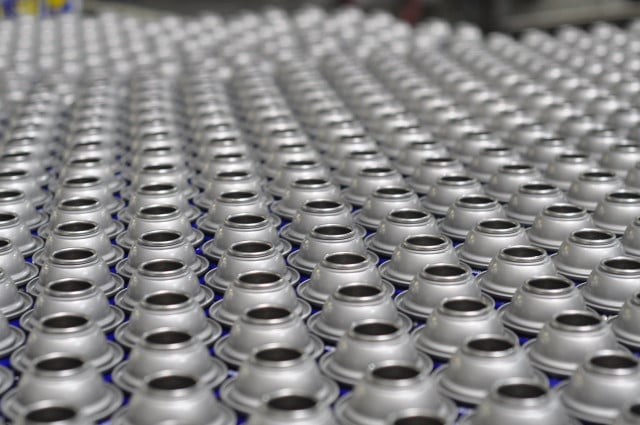


(Foto: CC0 / Pixabay / ainthome)
One of the worst controversies Coca-Cola was involved in took place in Colombia and involved severe allegations of collusion with paramilitary death squads, resulting in the torture and killing of union activists that worked at a bottling plant for the soda company.
In 2003, trade unions worldwide organized a boycott against Coca-Cola, accusing the bottling managers at a Colombian Coca-Cola plant of engaging illegal paramilitary groups to intimidate, threaten, use violence and even commit murder against union members and other employees, with the intention of suppressing union activities. The trade union alleged that Coca-Cola’s bottling plant hired far-right militias associated with the United Self Defense Forces of Colombia (AUC) to carry out the murders of nine union members at Colombian bottling plants within a span of 13 years.
Notably, Coca-Cola strategically targeted union members in Colombia during contract negotiations. Other disturbing incidents have taken place, such as the kidnapping and torture of a 15-year-old son of a union member, as well as the murder of another member’s brother, both perpetrated by paramilitary forces reportedly contracted by Coca-Cola.
Interested in organizing a union? Read How to Start a Union in 8 Steps.
Rethinking Consumerism During the Climate Crisis: How to Avoid Coca-Cola
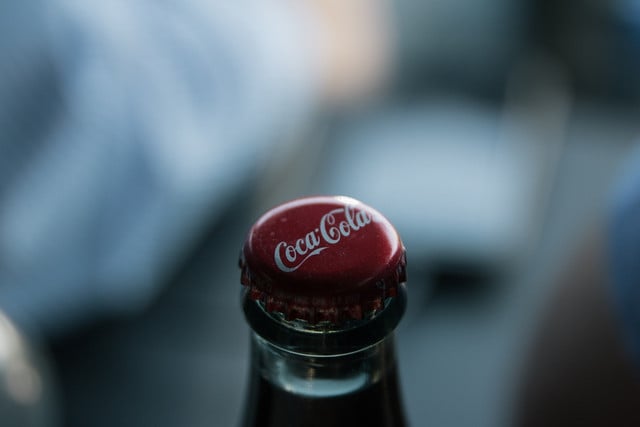


(Foto: CC0 / Pixabay / StockSnap)
Throughout this deep dive into Coca-Cola controversies, we’ve unraveled the darker undertones of a brand that, for many, symbolizes refreshment. This exploration serves as a poignant reminder: every can opened, every sip taken, potentially supports a conglomerate that has time and again turned a blind eye to pressing human rights concerns and unethical business practices. From tragic deaths to the burgeoning obesity epidemic, from insidious marketing targeting children to tangible contributions to climate change — Coca-Cola’s rap sheet is alarming.
While it might be comforting to retreat into old habits, clutching that familiar bottle of soda, the ramifications are undeniable. Every single-use plastic bottle consumed adds to the burgeoning environmental crisis, as the planet grapples with plastic pollution and a climate on the brink. As consumers, we’re at a crossroads. Our decisions today will shape the Earth’s health tomorrow.
Yet, there are alternatives. Organic, local fizzy drinks, bottled in recycled materials or those supporting deposit systems, are gaining traction. These sustainable choices quench our thirst without taxing our planet. There are also any number of healthy soda alternatives to choose from.
It’s time to rethink supporting giants like Coca-Cola. There’s myriad companies weaving ethics into their core, offering delectable beverages without compromising our shared values. By channeling our buying power towards them, we champion their efforts and play our part in steering the world towards a sustainable path.
Guidelines for the Conscious Consumer:
- Shop Local: Support your community and reduce carbon footprints.
- Shop Independent: Empower businesses that prioritize people and planet over profits.
- Home-brewed Refreshments: Dabble in making your own drinks; it’s eco-friendly and personalized.
- Embrace Reusables: Bid adieu to disposables and arm yourself with a trusty reusable water bottle.
- Be Label-Savvy: Before adding to cart, ensure your beverage isn’t cloak under Coca-Cola’s vast umbrella.
In every sip lies a choice—a choice to perpetuate harm or to propagate healing. The power rests in our hands, and it’s high time we drink responsibly.
Learn more about environmentally relevant labels and what they mean for consumers:
- What Does Organic Mean? Definition and Labels to Look Out For
- What Does Non-GMO Mean? Definition, Label, Criticism
- What Does the “USDA Certified Organic” Label Actually Mean?
- Dolphin-Safe: The Label, Its Promises And “Dolphin-Safe Tuna”
- Leaping Bunny: The Cruelty-Free Label
Read more:
- Is ASOS Fast Fashion? Here’s What You Need to Know
- Is Carbonated Water Bad for You?
- 7 Vegan Nail Polishes in Every Color of the Rainbow
Do you like this post?






